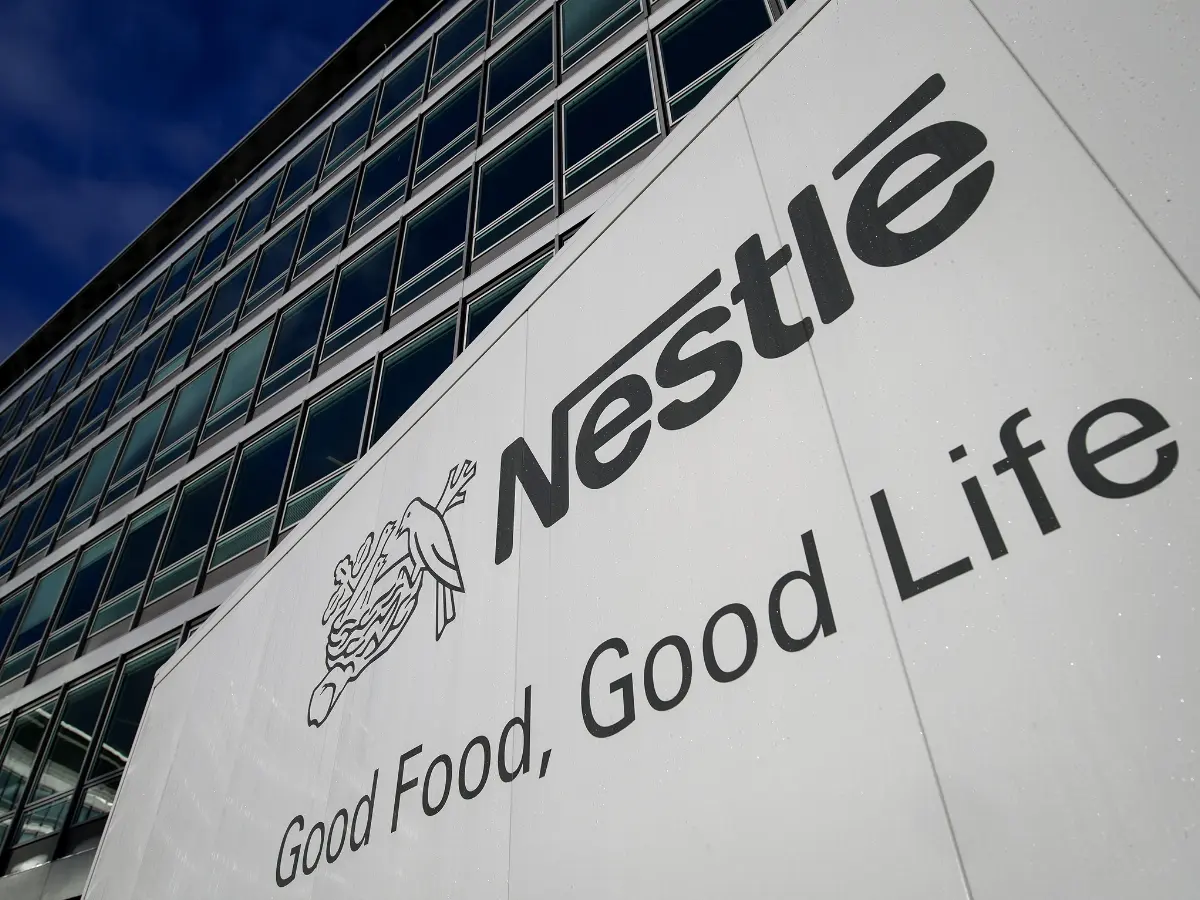
The great players of food against the "loss of nature"
In a letter 130 companies including Nestlé and Danone launch the appeal

More than 130 companies and financial institutions have launched the "call for action" under the aegis of the Business for Nature organization to adopt and apply policies aimed at "stopping and reversing the loss of nature in this decade". The letter, also signed by food multinationals such as Nestlé, Danone and Unilever, includes the organization’s Biodiversity Plan: it was signed ahead of the United Nations Conference on Biodiversity, which will be held this year from 21 October to 1 November in Cali, Colombia.
The statement includes five recommendations for nature policies, including ensuring that "commercial and financial actors protect nature and restore degraded ecosystems", according to a statement. In the letter, the organization Business for Nature also asks countries to "ensure a sustainable use and management of resources to reduce negative environmental impacts", as well as to "enhance and integrate nature in decision-making and disclosure".
The group of companies recommended aligning "all cash flows for the transition to a nature positive, zero-emission and fair economy" and to governments of "adopt or strengthen ambitious global agreements to address the main challenges of loss of nature".
Laurent Freixe, ceo of Nestlé in Latin America, said: "Colombia is home to 10% of the planet’s biodiversity. Biodiversity loss is a critical risk that we cannot ignore and the success of our business is based on a healthy natural world. At Nestlé, the manager adds, we set ambitious targets to ensure that by 2030 50% of our main ingredients come from farmers who adopt regenerative farming practices. We strongly support the call for governments and the private sector to help halt and start reversing the loss of nature by 2030".
In 2021, the company said it would invest 1.2 billion Swiss francs (then $1.3 billion) over the next five years, focusing on areas such as biodiversity, soil conservation and water cycle regeneration. Nestlé said it has a "network" of over 500,000 farmers and 150,000 suppliers with which it can implement its regenerative agricultural policies: by 2023, the percentage of Nestlé ingredients from farmers using regenerative agriculture will be 15,2%.
"Businesses are joining together and are asking governments to provide the regulatory certainty they need to transform their operations and supply chains -explains Eva Zabey, ceo of Business for Nature-. Our policy asks governments how they can make this happen. Only through a collective effort will we be able to drive the global systemic change needed for a nature-positive, zero-impact and equitable economy".
In a separate report published in recent days, Business for Nature has expanded the five recommendations with 20 specific policy demands ahead of the summit: among these, the call for reform of subsidies and taxes, to ban deep-water mining, to adopt a comprehensive treaty on plastics and to prohibit the conversion of land into specific key protected areas.
Last year it was announced that Nestlé, Unilever and Pepsico are among the consumer giants who signed a framework agreement for the transition to regenerative agriculture. The Regenerating Together project was launched by the Sustainable Agriculture Initiative (SAI) Platform, a non-profit organization based in Brussels that promotes sustainable development in agriculture.
EFA News - European Food Agency